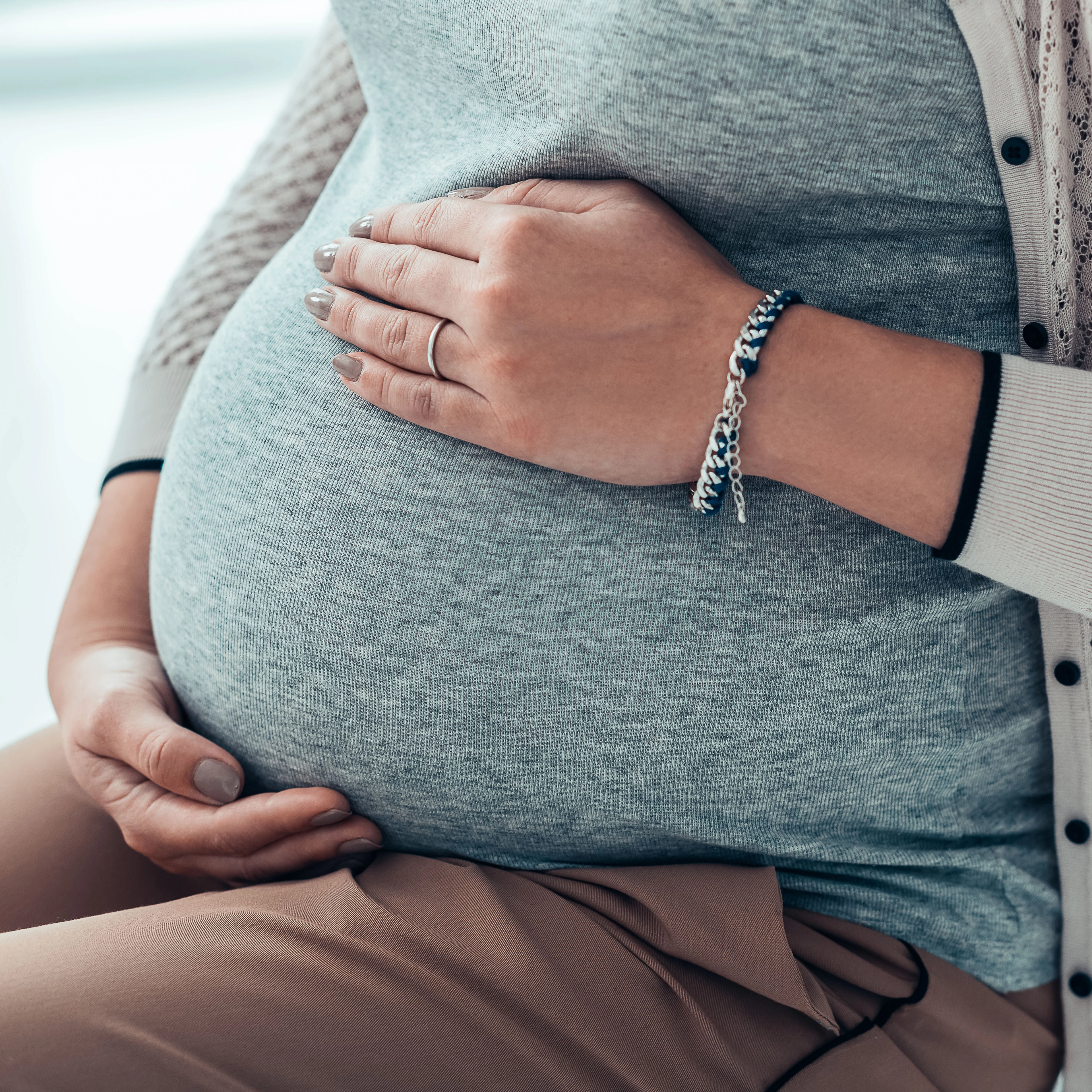




Protecting women and babies from preeclampsia

Working alongside Flinders University’s Dr Amy Wyatt, PhD candidate Demi Georgiou is investigating whether pregnancy zone protein (PZP) – a molecule found in large amounts in the blood of pregnant women – controls the activity of a second protein, called chymase, that has a role in increasing blood pressure.
“The results generated so far suggest that during pregnancy, PZP is an important binding partner for chymase, with its likely role to facilitate the removal of chymase from the bloodstream and other biological fluids, thereby helping to control blood pressure,” Demi explains.
“We need to do further experiments to confirm this is the case, but this is an important preliminary finding considering that elevated blood pressure is a hallmark of preeclampsia, a potentially life-threatening complication of pregnancy.
“Targeting the PZP-chymase interaction could offer a new therapeutic strategy to control blood pressure.”
“By performing experiments that help to reveal how blood pressure is normally controlled in pregnancy, we are contributing to the framework for designing novel strategies for protecting women and babies from the dangerous effects of high blood pressure in pregnancy,” Demi says.
“Additionally, our research has broader relevance to hypertension (high blood pressure) independent of pregnancy, which occurs in more than one billion people worldwide.”
Demi’s project has been supported by a Flinders Foundation Health Seed Grant, with the project soon progressing to investigate what happens in the presence of cultured human cells and in human biological fluids such as blood plasma from pregnant women.

What is Preeclampsia?
Preeclampsia is a serious pregnancy complication affecting millions of women worldwide that can lead to life-threatening conditions for both mother and baby.
Each year, it is associated with approximately 70,000 maternal deaths and 500,000 fetal deaths globally.
Support health and medical research at FlindersThank you!
Thanks to your kindness, patients and their families can receive improved care and the inspiring researchers at Flinders can continue to work tirelessly to find cures and discover effective treatments.
Support research and patient care at Flinders. Donate today
More stories about
Keep up to date
Subscribe to our newsletter to receive information on our latest news and events
Flinders Foundation acknowledges the Kaurna people as the traditional custodians of the land on which the Flinders precinct was established. We acknowledge the Kaurna people’s deep and ongoing connection to land, waters and community, and pay our respect to their Elders, past and present.















